Dressing the body: Replacing 'Fast' with 'Past'

Dressing the body to express ourselves is a primal human instinct that goes back thousands of years. But if our ancestors rose from the dead today, they would be horrified at what some of humanity has done to this relationship. Clothing was never meant to be destructive.
In the 20th century, we discovered that big profit could be made from selling clothing at rock-bottom prices by intensifying cheap overseas labour. It has resulted in a dire climate situation, caused by a conditioning of entitlement into the fashion consumer. The desire is to have lots, so it needs to be affordable. It has rendered mass buying behavior that's fundamentally incompatible with ethical fashion production – which is a ‘thing of the past’ these days, despite it only being a couple generations ago that people would save up over time to buy clothing that was locally made, from natural materials. Yes, it was more expensive, but it would last. It is the ‘Buy Less Love More’ ethos.
This was a time before ‘sustainability’ was an issue, a marketing concept, a desperate necessity. It was the default. People lived more in harmony with the natural world and were aware of the authentic reality of making things. They didn’t have ‘efficient’ machinery or an abundance of low-cost materials to work with which meant things were made to last. Sustainability as a concept did not exist then… because it wasn't needed!
But today we need change. Because it is not working anymore. Sustainability has lost its meaning because we struggle to trust companies. Instead of making legitimate changes to their business models to make them regenerative, they've found ways to perform it - causing mass confusion that's paving the way for passivity.
The key is to swap fast with past, as people of the contemporary world see the value of traditional making. It's about looking back to the past and thinking ‘yeah, that actually worked’, and embracing it through our lenses of today. It's a rejection of the toxic traits of the fashion industry - overconsumption, elitism, exploitation and harmful aspirations.
It's resisting the allure of invasive marketing by corporate giants who don’t look after people and planet, and building a resilience to it in our everyday lives. It is taking ownership of where our money goes and choosing to support ethical companies who ‘give a shit’. It’s wearing our values and still doing it in style.
Love,
Clare and the team
x
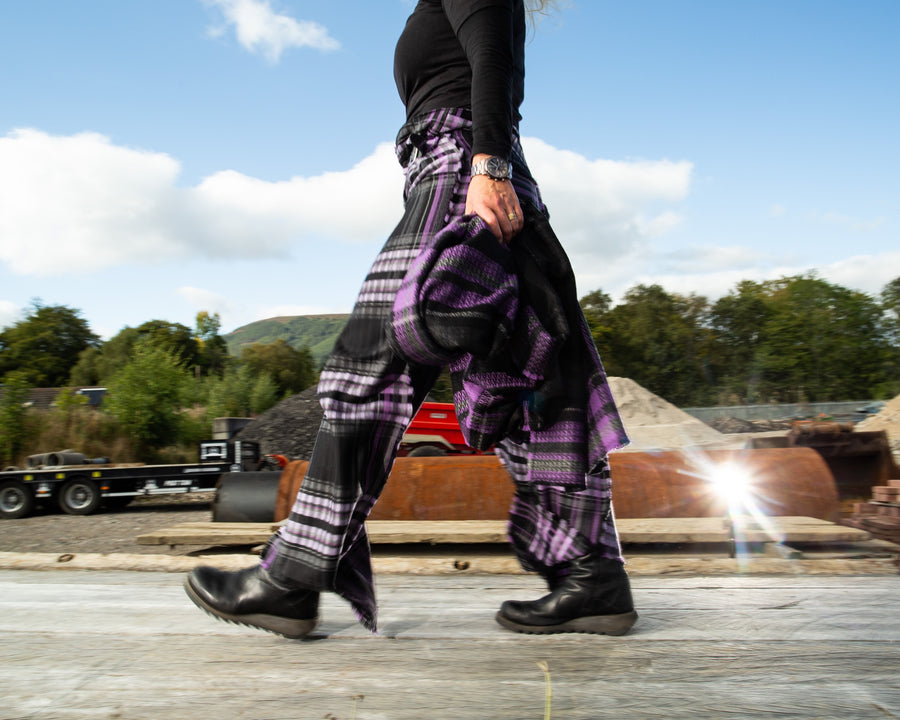
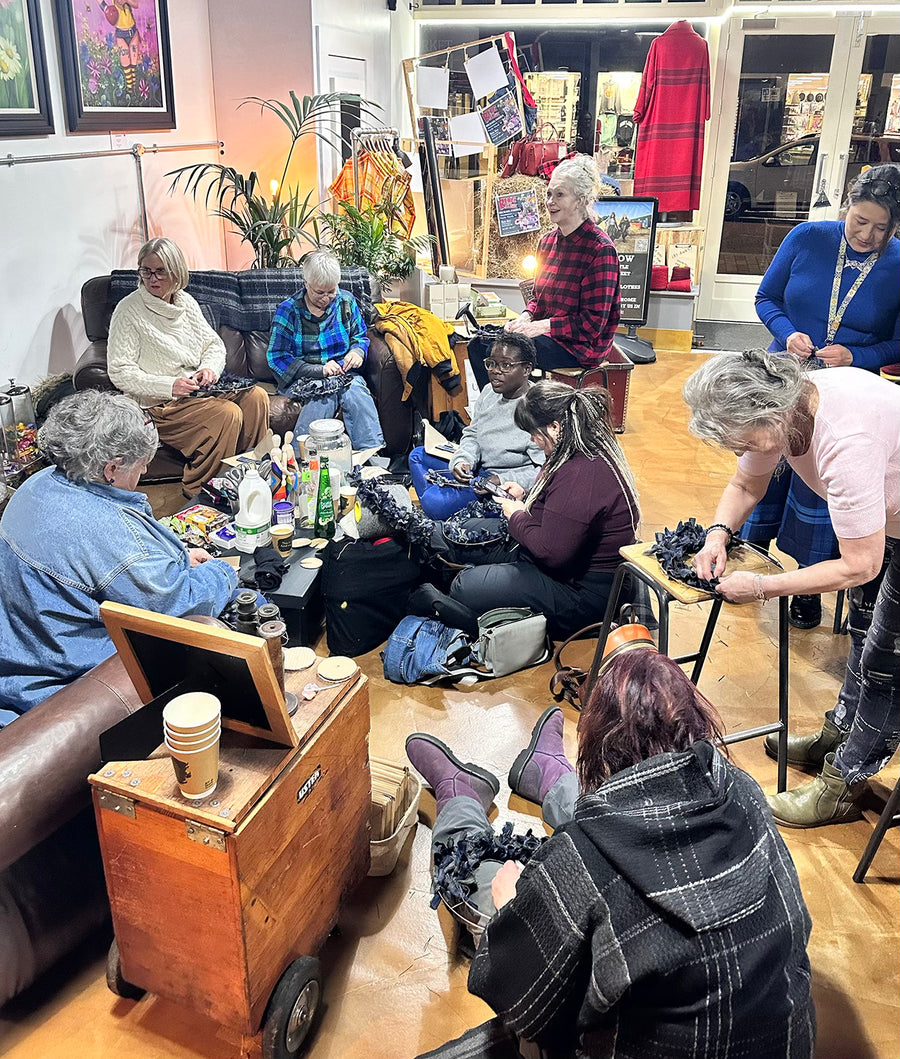
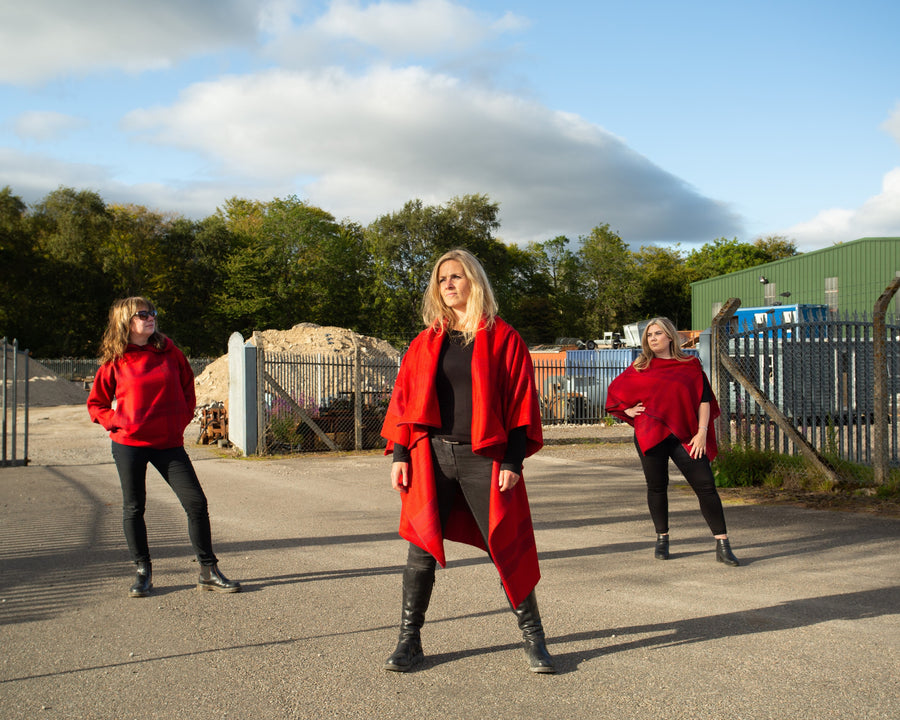
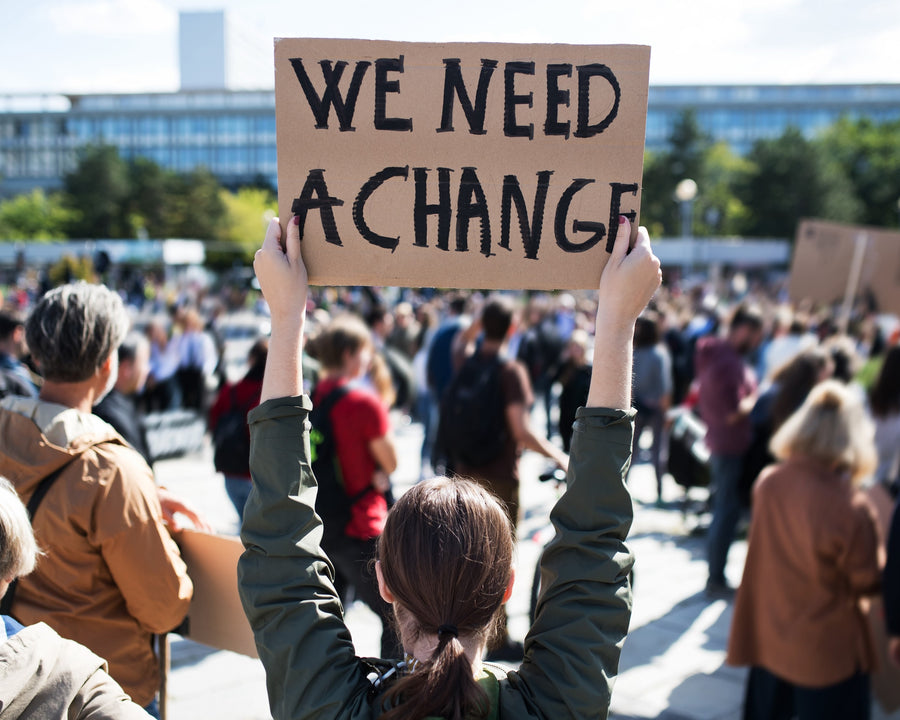
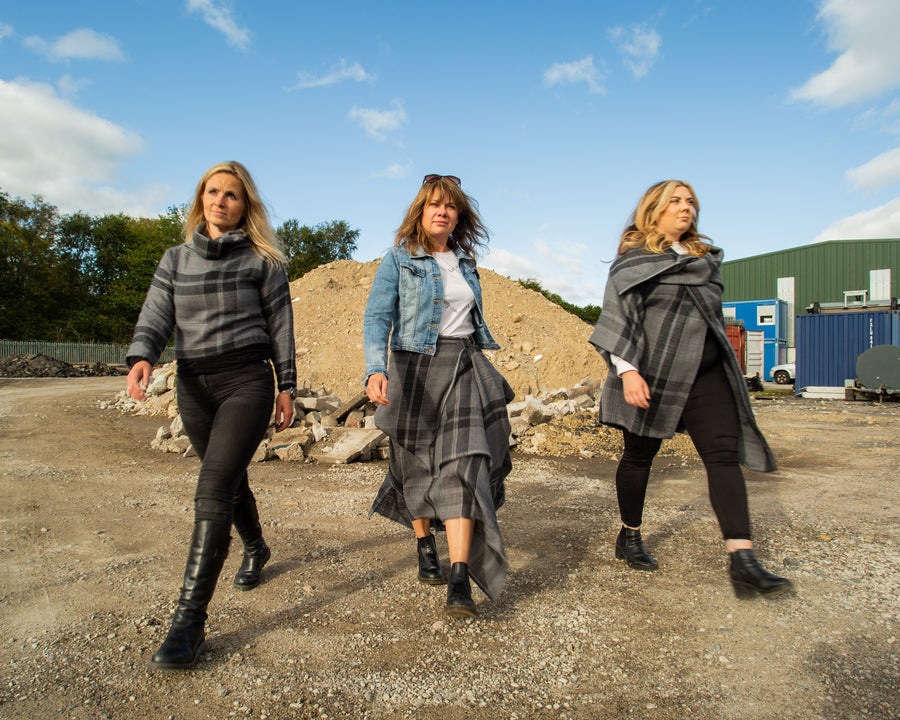
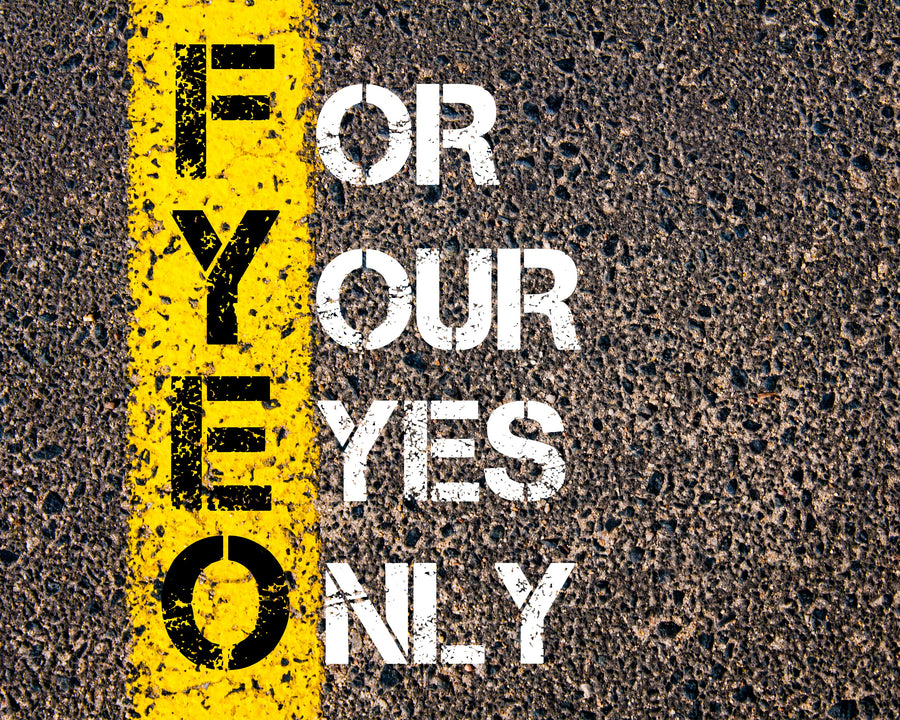
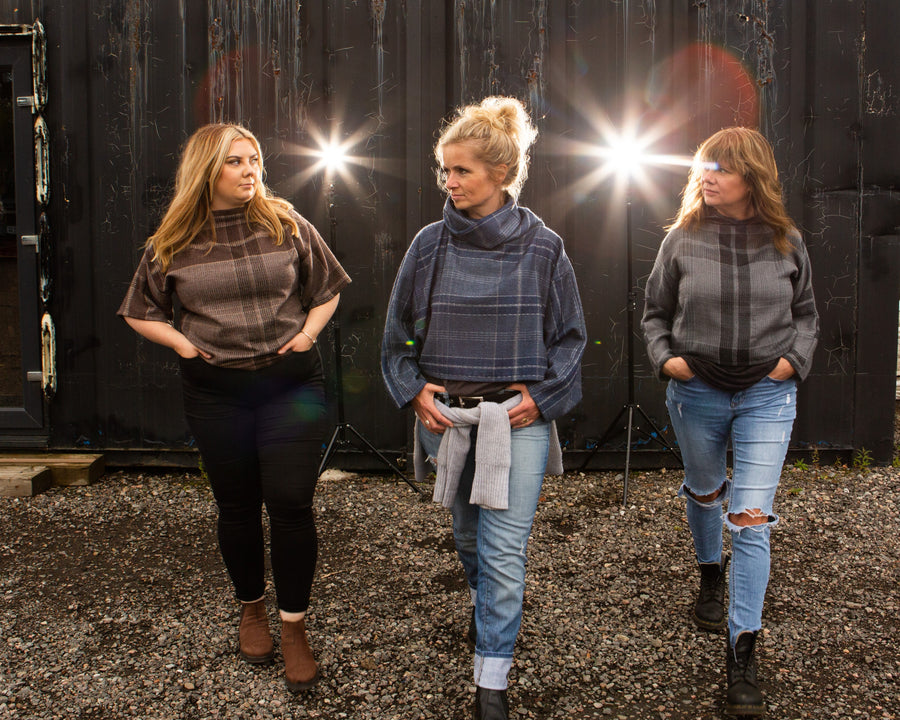
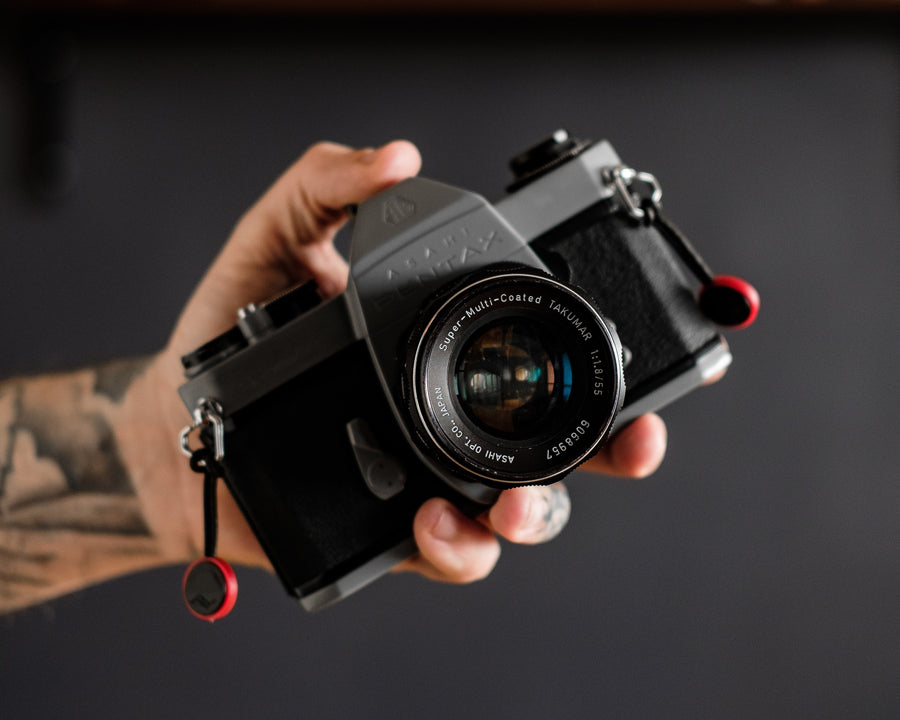
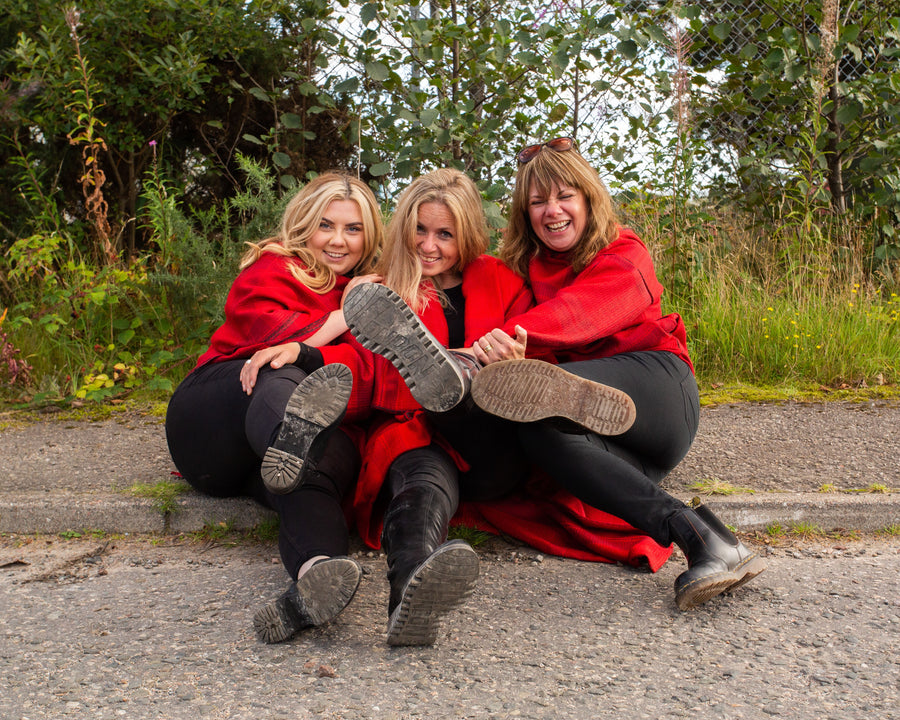





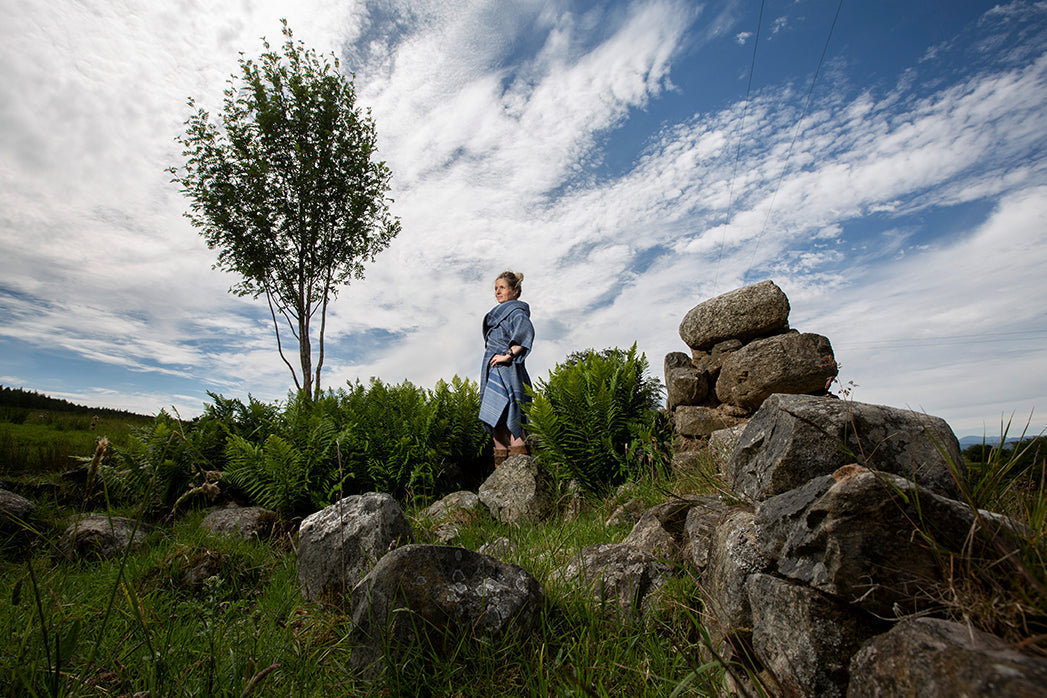

Share Your Thoughts